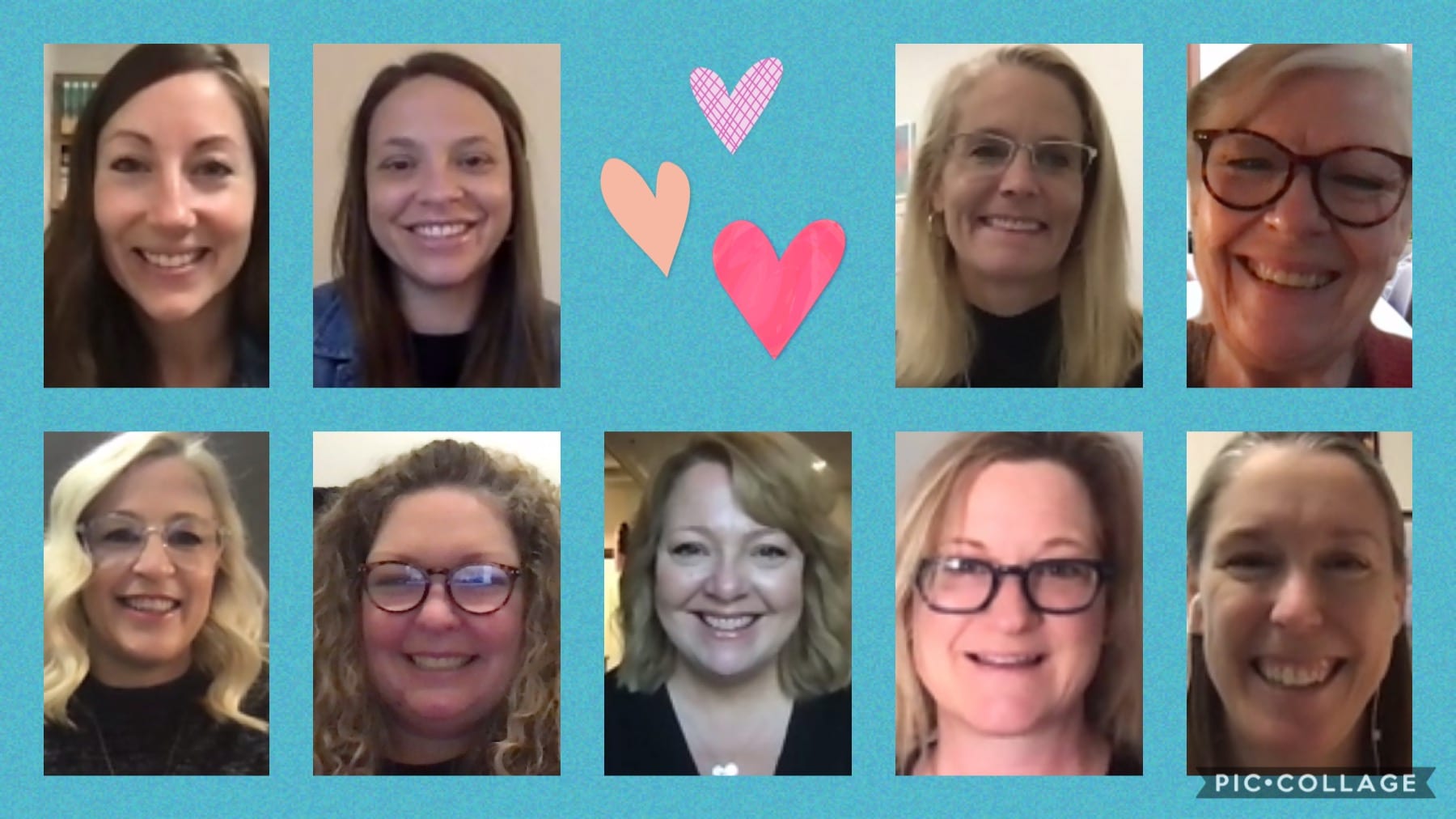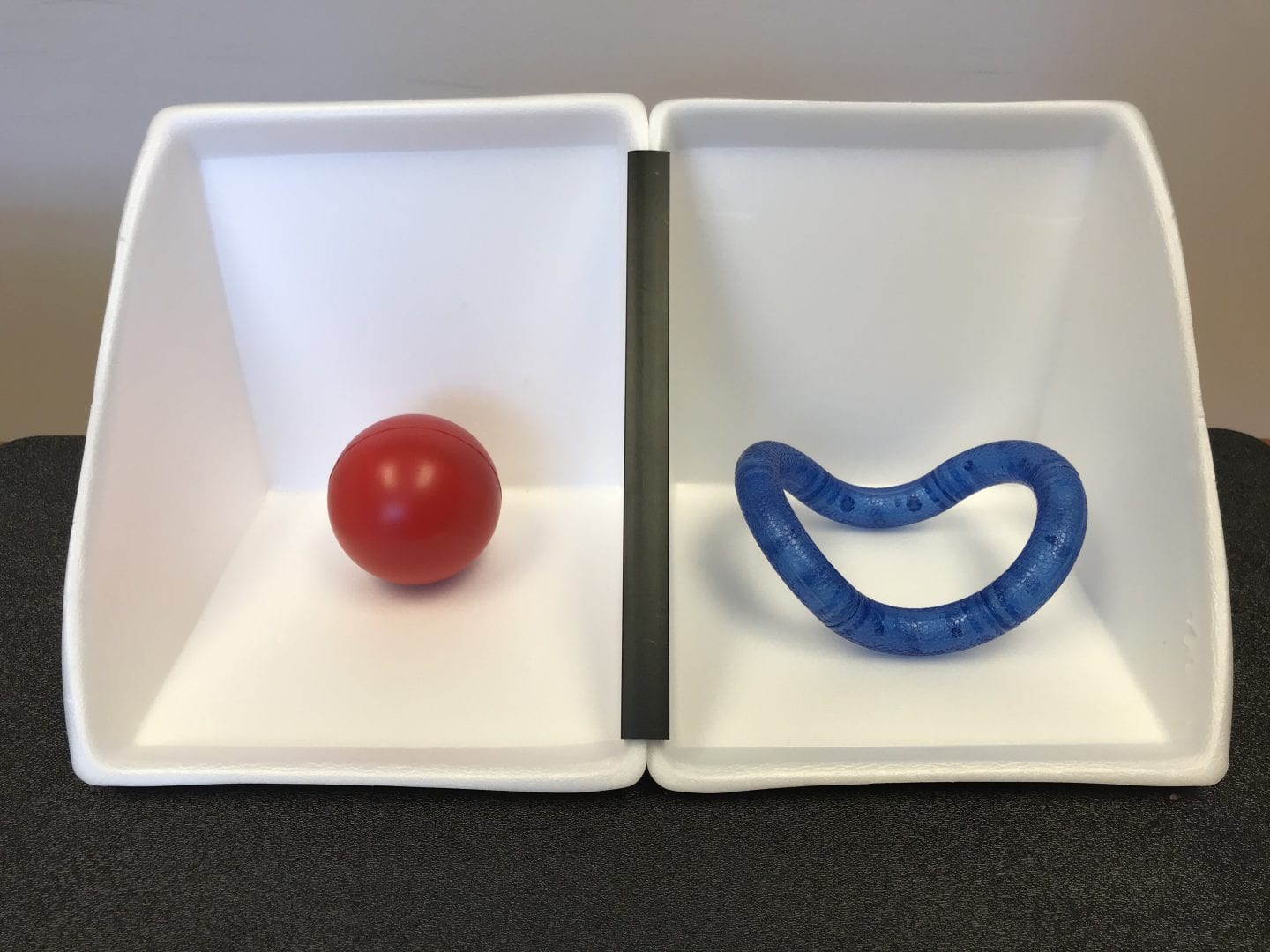Environment: dev.aph.org — Current roles: guest
 A Teacher’s Perspective on the Sensory Learning Kit
A Teacher’s Perspective on the Sensory Learning Kit
As a teacher during a pandemic, I have grown accustomed to things changing daily, being way out of my control, and often out of my comfort zone. My Zoom sessions change, the caregivers working with the learners change, learners’ times and needs change. One thing that does not change and always brings success in one form or another is a Sensory Learning Kit Routine! I was blessed several years ago to be a part of a study with Millie Smith on the use and effectiveness of the Sensory Learning Kit (SLK) and routines in the active learning environment. It was hard work and at times intimidating, but it was life-changing for me and I have never regretted the work. I truly believe it prepared me for this new type of educational setting.
Working solely through Zoom sessions with an active learning population is challenging. With older and familiar learners I’ve had the advantage of knowing them, having established routines, and some established vocabulary. With new or younger learners, I had to start from the beginning. The panic quickly set in—“How do I even begin to assess a learner virtually?” That is where the Sensory Learning Kit came into play and became my new best friend.
During in-person instruction, it can be hard to reach new and younger learners who have aversions to touching and exploring, so how is it possible through virtual learning? Using the SLK, we were able to list and assess many sensory likes and dislikes to develop a fun routine to encourage learning. We carefully went through the list and each item. We interviewed parents to collect information on likes, aversions, and changes that may have occurred while school was closed, and then we reviewed all of the information. I met with my team of service providers to collaborate and compose a plan. Collaboration with my related services team was so valuable for this process. I cannot stress enough the need for extra eyes and ideas to help make learning successful in any environment, but especially during virtual learning. For one learner, we created a routine using music (a very high motivator), a now/next schedule, and two highly motivating songs. The change that occurred is nothing short of amazing.

What began as a virtual session with my learner, my para, and myself working so hard to gain and maintain the attention of the learner for mere seconds, became a session of requesting, imitating, and the parent being able to walk away briefly from the iPad while the learner still participated with us independently!! INDEPENDENTLY!! While not all successes look the same, I can say with all honesty that doing the routines that we create using the SLK are the high point of our days. Seeing the success of the learners, hearing and seeing them laugh as they complete a step or demonstrate understanding, and seeing the pure joy on the face of the parents makes it all worthwhile.
My team and I, along with Millie Smith, are sharing tools we use for assessment, goal writing, routine designing, and ongoing collaboration in our monthly newsletter called Sensorimotor Spotlight. We hope you join us in our efforts for ongoing learning and support for our sensorimotor level learners.
Share this article.
Related articles
Every teacher and parent knows that magical feeling experienced when a child finally achieves a skill you’ve been practicing for...
